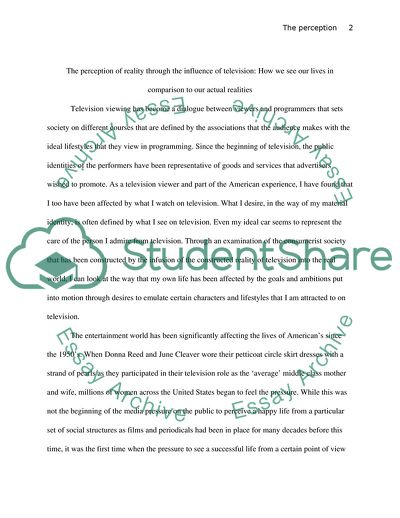Cite this document
(The Perception of Reality through the Influence of Television Essay, n.d.)
The Perception of Reality through the Influence of Television Essay. Retrieved from https://studentshare.org/social-science/1744459-an-autoethnography
The Perception of Reality through the Influence of Television Essay. Retrieved from https://studentshare.org/social-science/1744459-an-autoethnography
(The Perception of Reality through the Influence of Television Essay)
The Perception of Reality through the Influence of Television Essay. https://studentshare.org/social-science/1744459-an-autoethnography.
The Perception of Reality through the Influence of Television Essay. https://studentshare.org/social-science/1744459-an-autoethnography.
“The Perception of Reality through the Influence of Television Essay”. https://studentshare.org/social-science/1744459-an-autoethnography.


